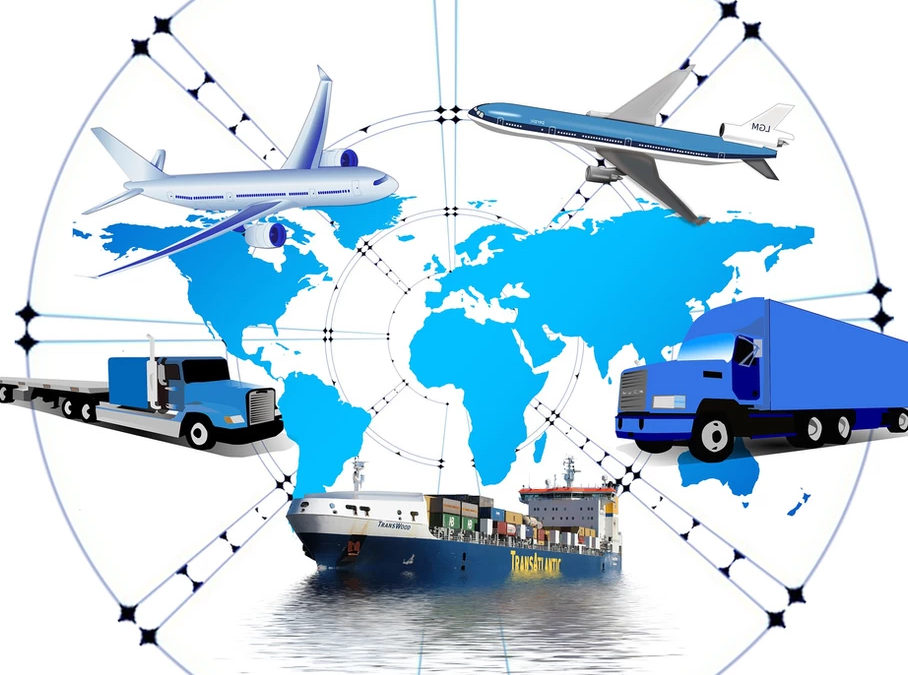Shipping internationally produced products can present a variety of obstacles. But it’s possible to reduce the difficulty of those shipments by implementing strategic focus. Taking steps like working with a team of shipment experts, honing in on distribution, and investing in automation software can pave the way for seamless international shipments. Prior to sending a package on its global transportation journey, consider using these 5 tips to shipping internationally produced products.
#1 – Work With a Packaging Engineer
Packaging engineers can help clients to audit and review their designs before spending precious money on ineffective packaging solutions. During the development phase, a quality engineer will also help clients to evaluate potential issues like the cost of a packaging system, cube utilization, and reutilization potential. Initially, working with an engineer will require up front costs. But over the course of time, shipping will become cheaper and less damaging for large and cumbersome items, which saves clients the headache that’s associated with poor shipping protocols.
#2 – Find a Partner With Warehousing and Distribution Capabilities
Finding a partner that offers warehousing and distribution capabilities can take the headache out of international shipping. Instead of worrying about running out of inventory because you don’t have eyes on your international material stock, you can rely on the support of a quality international distributor. A quality international packaging company will also continue to provide an in-depth analysis of your packaging efficiency. And they’ll continue to make recommendations to increase efficiency and to boost container utilization.
#3 – Work With Water Transportation Experts
If you utilize the water to ship certain items, you may run into damage that occurs from the long, bumpy and salty travel. Working with a team of water transport experts can help manufacturers to reduce the likelihood that their shipments will get damaged by the journey. Not only will they be able to provide expertise about the actual shipping process, they’ll be able to prepare clients before their products even leave the door.
#4 – Consider Using a Parcel Consolidator
When it comes to international shipping consolidation, it can be extremely helpful to rely on the help of a parcel consolidator. While some parcel consolidators operate domestically, they’re best known for supporting international shipments. Parcel consolidators help clients to combine multiple shipments in the same container in order to decrease shipping costs. This process may involve multiple destinations. Generally, some of the packages will be shipped to one location and then the remaining packages are shipped to another. A parcel consolidator will help manufacturers to optimize their shipping strategies.
#5 – Evaluate the Efficacy of Automation Software
Depending on your shipping requirements, investing in a quality automation software for packaging may allow manufacturers to create a hands-off approach for international shipments. Automation software can help users to automate insurance, create an easy return process, and create customs forms with hardly any effort. Clients who regularly ship packages domestically or internationally may benefit from the help of this type of software because of its ability to cut down on labor. If you’d like to learn more about global packaging solutions, please don’t hesitate to contact us!





